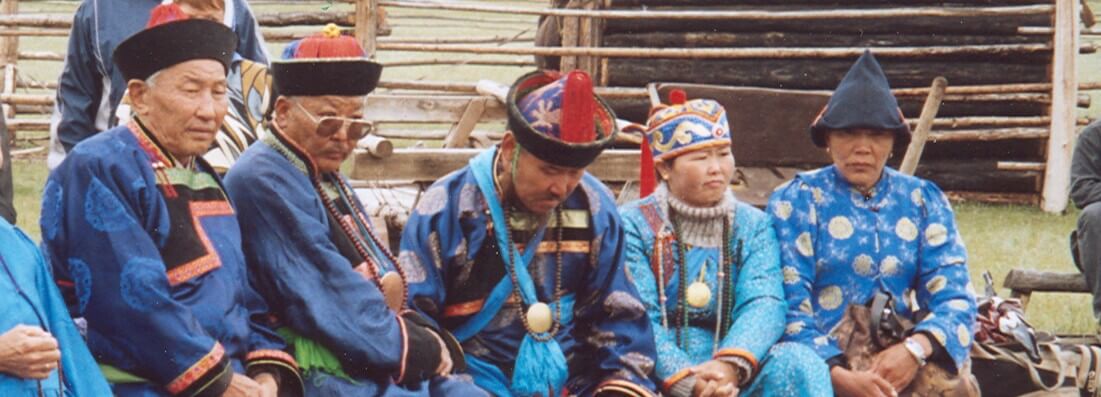
A shaman is a person who interacts with both the normal world and the world of spirits, usually acting as a sort of intermediary between the two. They are common in many tribal cultures, although shamanism may also exist in other types of culture. This person is often responsible for both the physical and spiritual health of people, and he or she may also be called upon to invoke spirits for aid or to predict the future and interpret omens.
Central to the idea is the concept of a focal point where the natural and supernatural worlds connect. This node is often viewed as the center of the world and may be associated with an archetypal feature — such as the World Tree. A shaman crosses over from the natural world into the supernatural world, and he or she often must overcome certain trials there to exert some power over the world of the spirits. When the person then returns to the natural world, he or she has been imbued with special powers or knowledge, which can be used either for good or ill.
The path a shaman takes varies widely, depending on the cultural context he or she comes from. Many people have pointed out that generalizing all tribal belief systems to a single term — shaman — fails to take into consideration the diversity these paths may take. The individual may use force to gain his or her power, literally trapping or enslaving spirits to do his or her bidding. These people may also use a more peaceful form of communion, becoming attuned with spirits in order to learn from them or request their help. Some may view what they do as a literal movement, with their physical body accompanying them into the world of the spirits, while others may embark on their spirit journey while in a trance, using a form of astral projection to visit the spirit realm.
The term is used in such a broad context that it covers many traditional healers or miracle workers in tribal societies. Any belief system that is predicated upon the idea of unseen spirits that interact constantly with this world — spirits that can be contacted or controlled by one with proper training and power — is essentially shamanistic. Unlike priests, shamans operate independently, perhaps learning their art from another person who interacts with the spirit orld or a spirit guide.
Sorry no result for your given parameters
